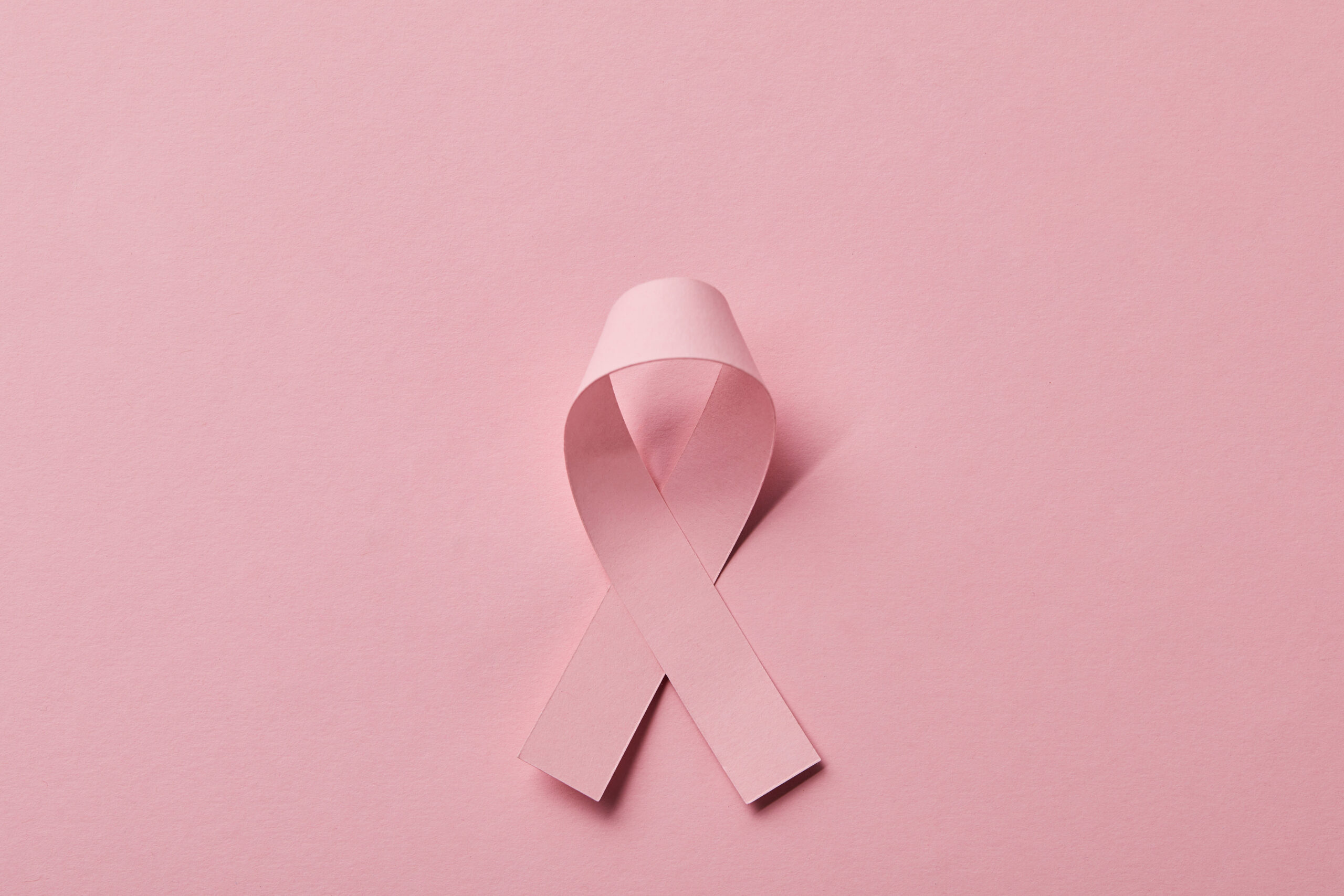Self-examination tips
NEW DELHI (ANN/THE STATESMAN) – Did you know 40 per cent of diagnosed breast cancer cases are from women who detected a lump at home? The importance of breast cancer awareness can never be amplified enough. A stitch in time saves nine, and early detection saves lives! While breast self-exams at home can’t replace a medical check-up, they’re still very useful in finding any abnormalities or changes to your bust.
Here’s how to get started, what to do, what’s normal, and the next steps to take if you notice anything! Are you ready?
Take a long look
Buckle up, and get comfortable. It’s in your best interest to be familiar with how your bust looks normally. Step 1 is visual, so get in front of a mirror, undress, and start observing. Keep your hands at your sides and then clasp them above your head to look at your breasts at different angles. Look for any changes in contour, swelling, or dimpling of skin, or any differences around the nipple, especially if it’s in just one of the breasts. Breast cancer awareness starts at home and it’s imperative you make yourself comfortable.
Feel around
Check yourself, and don’t ignore the warning signs. Step 2 involves thoroughly touching your bust and feeling around – do it for your body that loves you the best.
You can do this step either by standing up in the shower or lying down with a pillow under the breast you’re checking. Use the pads of your fingers (not just the tips) to thoroughly feel around, and with different levels of pressure. Press down all around the breasts and under your armpits in a methodical pattern and make sure to squeeze the nipples to check for any discharge. You should be looking out for any lumps, thickening, hardening, or knots at this step.
Symptoms of breast cancer
A doctor suggests if you’re looking directly for the symptoms of breast cancer, here are the ones from above in more detail:
A constant pain in the armpit or one part of the breast.
A change in colour, with the breasts looking red or inflamed.
Dimples, puckers, bulges, or ridges on the skin.
Flaky skin, itchiness, sores, or rash.
The nipple becomes irregular in shape or sinks into the breast.
Unusual discharge from one or both of the nipples.
What to do, when
A self-exam should be conducted once a month is what the Breast Cancer Awareness Protocol dictates. If you do find a lump or show any of the other symptoms, make an appointment with the doctor – but it isn’t the end of the world! Eight out of 10 lumps are not cancerous and can be easily removed. Breast cancer itself is also fully treatable – depending on a variety of factors – so make sure to get regularly screened as well.
Noticed anything? Make an appointment with the doctor for further check-up immediately. And if you’re unsure, mammography can detect tumours before they’re felt too. – IANS








